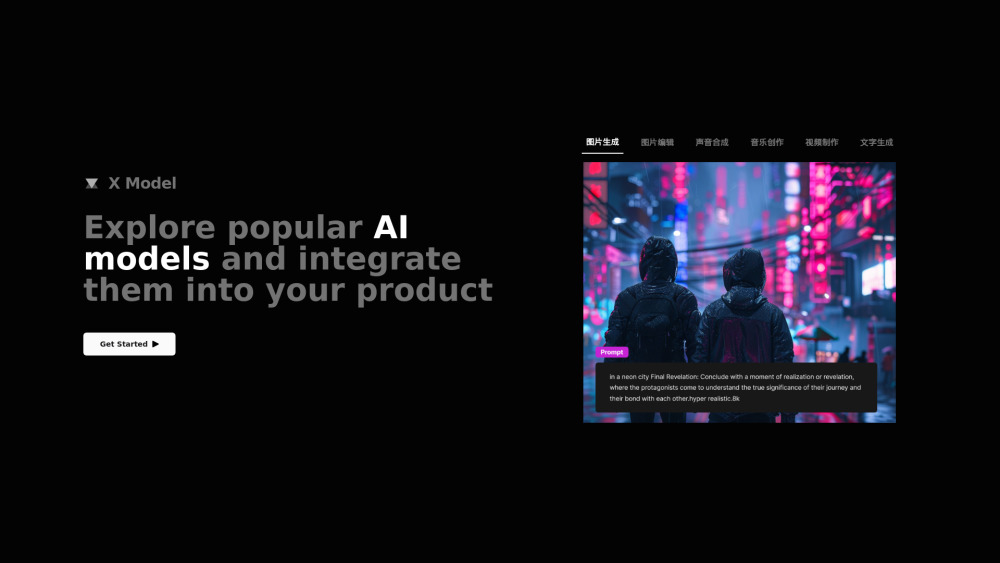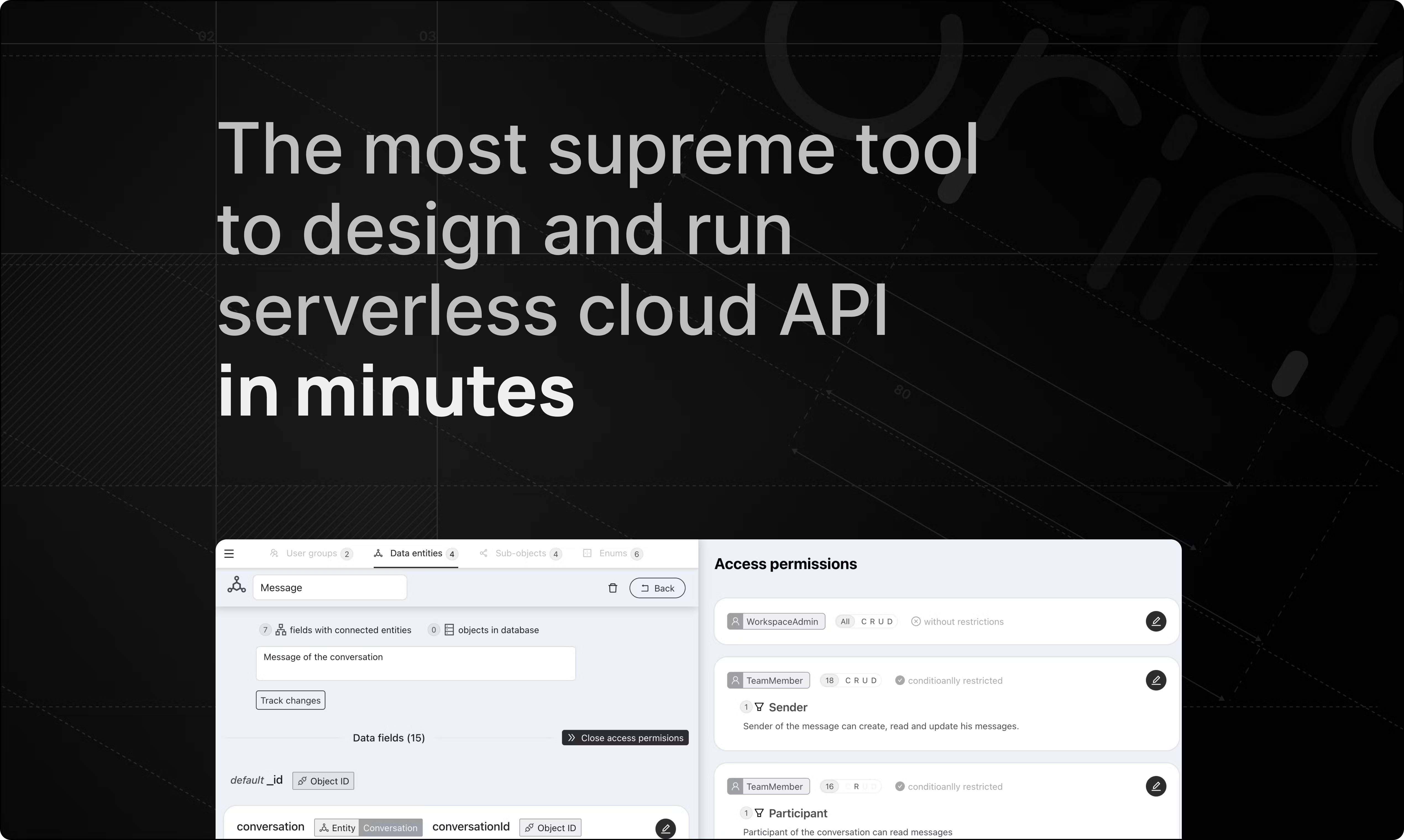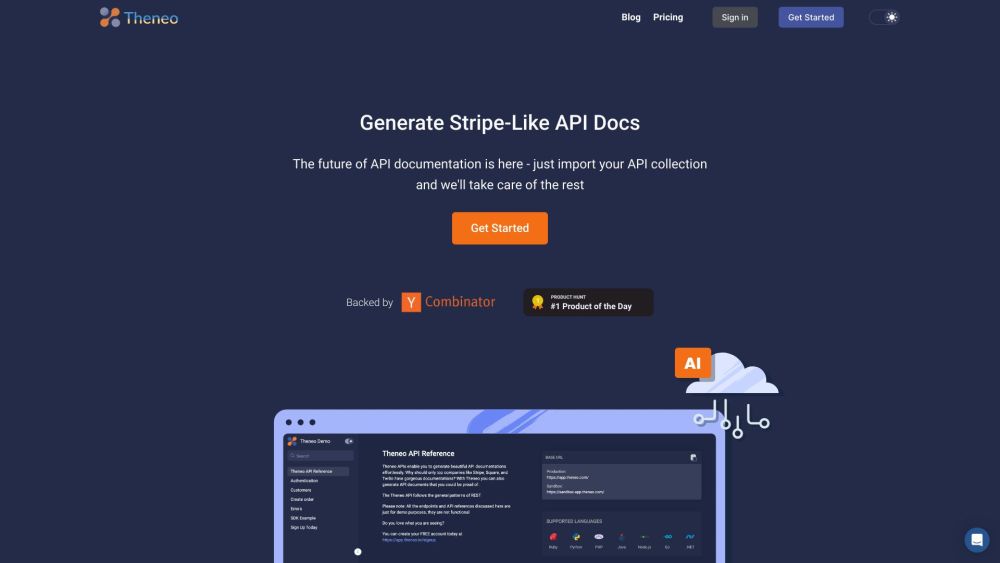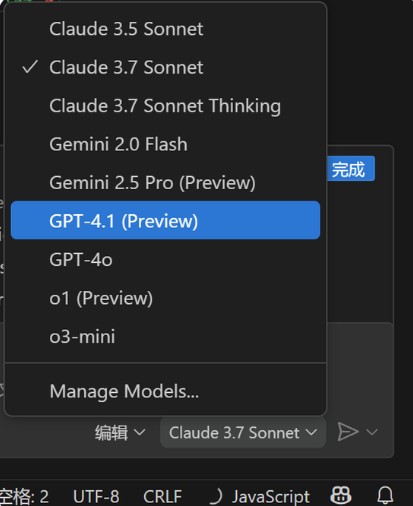
What is AI Model Integration Platform?
An AI Model Integration Platform serves as a centralized hub for organizations to efficiently integrate, manage, and deploy AI models across their technology stack. These platforms provide a unified environment where data scientists, developers, and business users can collaborate to leverage AI capabilities. They typically offer features like model repositories, versioning, APIs for easy integration, monitoring tools, and scalable infrastructure to support AI workloads. By bridging the gap between AI development and practical implementation, these platforms accelerate the adoption of AI technologies in real-world business scenarios.
Key Features of AI Model Integration Platform
AI Model Integration Platforms provide a unified environment for developing, deploying, and managing AI models across an organization. These platforms offer features like automated machine learning, model lifecycle management, explainable AI tools, and seamless integration with existing cloud infrastructure and data pipelines. They enable both technical and non-technical users to leverage AI capabilities through user-friendly interfaces, pre-built models, and customization options.
Automated Machine Learning: Simplifies the process of building and training custom ML models with minimal coding required, often including AutoML capabilities.
Model Lifecycle Management: Provides tools for versioning, monitoring, retraining and deploying models in production environments.
Explainable AI: Offers features to interpret model decisions and behaviors, increasing transparency and trust in AI systems.
Pre-built Models and APIs: Includes a catalog of ready-to-use AI models and APIs for common use cases like computer vision, natural language processing, etc.
Integration Capabilities: Allows seamless connection with existing data sources, cloud services, and business applications.
Use Cases of AI Model Integration Platform
Predictive Maintenance: Manufacturing companies can integrate AI models to predict equipment failures and optimize maintenance schedules.
Customer Segmentation: Retail businesses can use AI models to analyze customer data and create targeted marketing campaigns.
Fraud Detection: Financial institutions can implement AI models to identify suspicious transactions and prevent fraud in real-time.
Medical Imaging Analysis: Healthcare providers can utilize AI models for faster and more accurate diagnosis from medical images.
Supply Chain Optimization: Logistics companies can leverage AI models to forecast demand and optimize inventory management.







